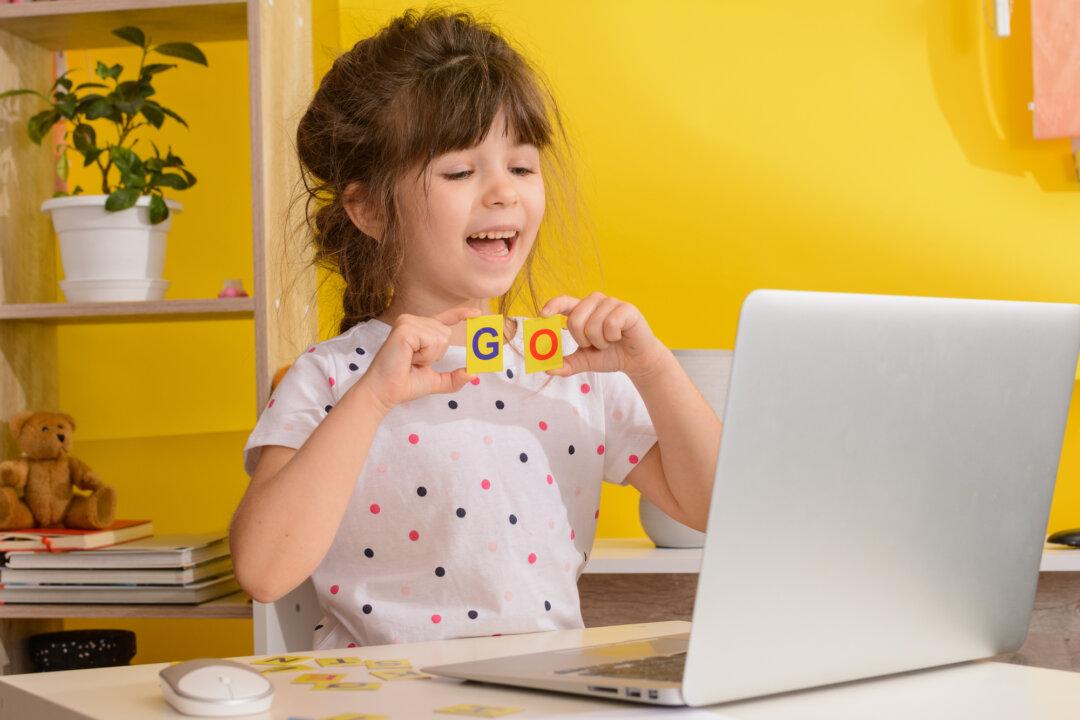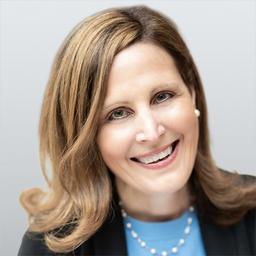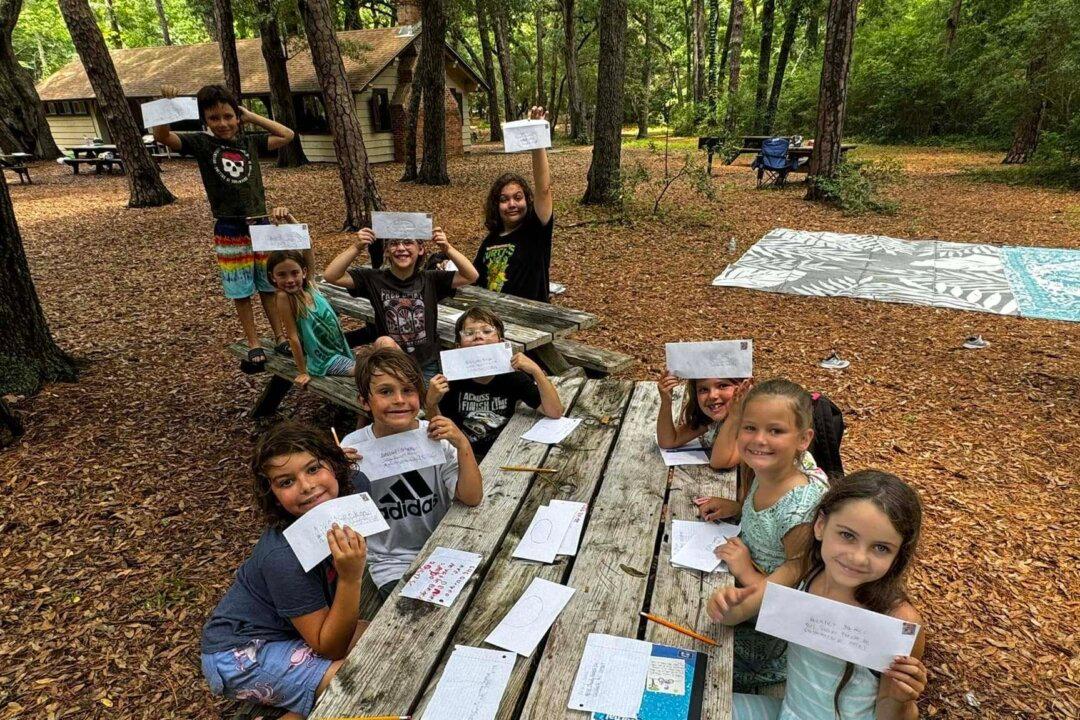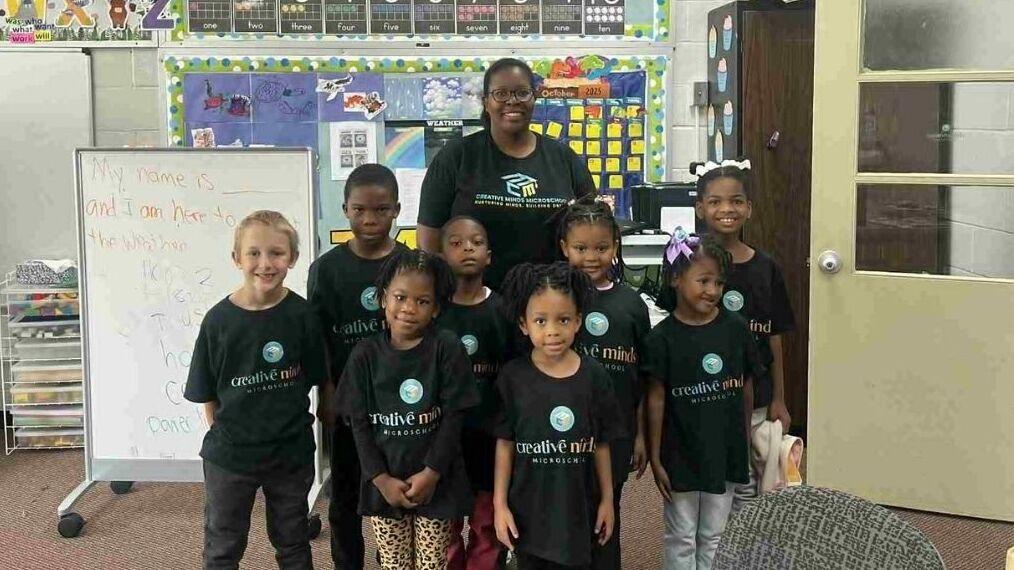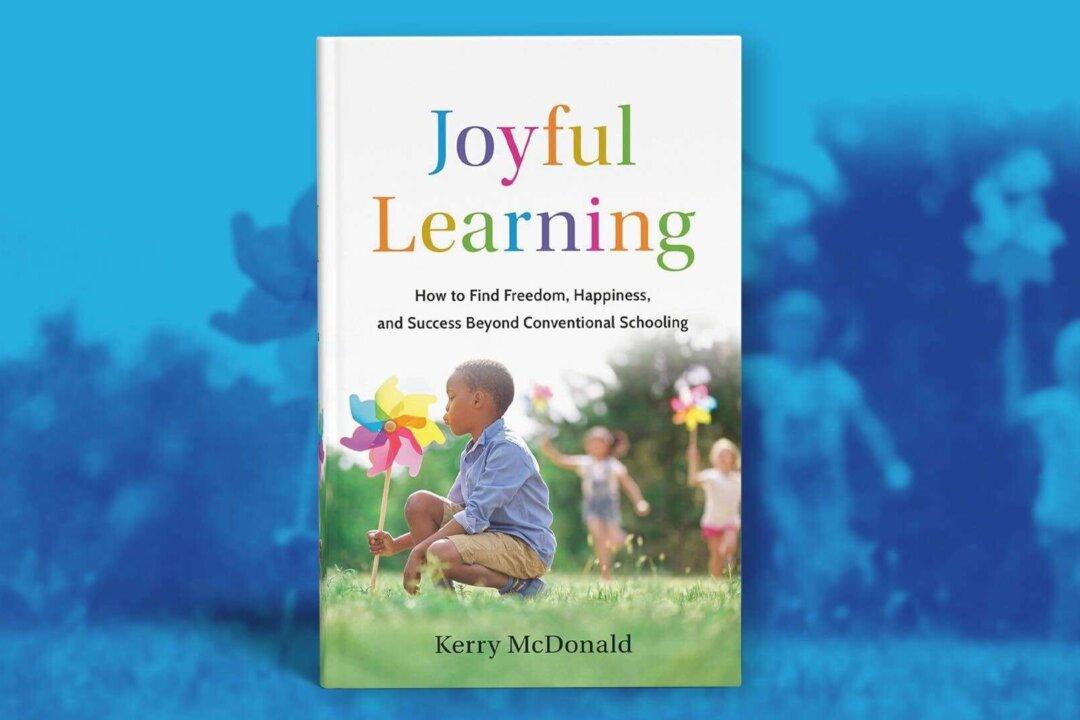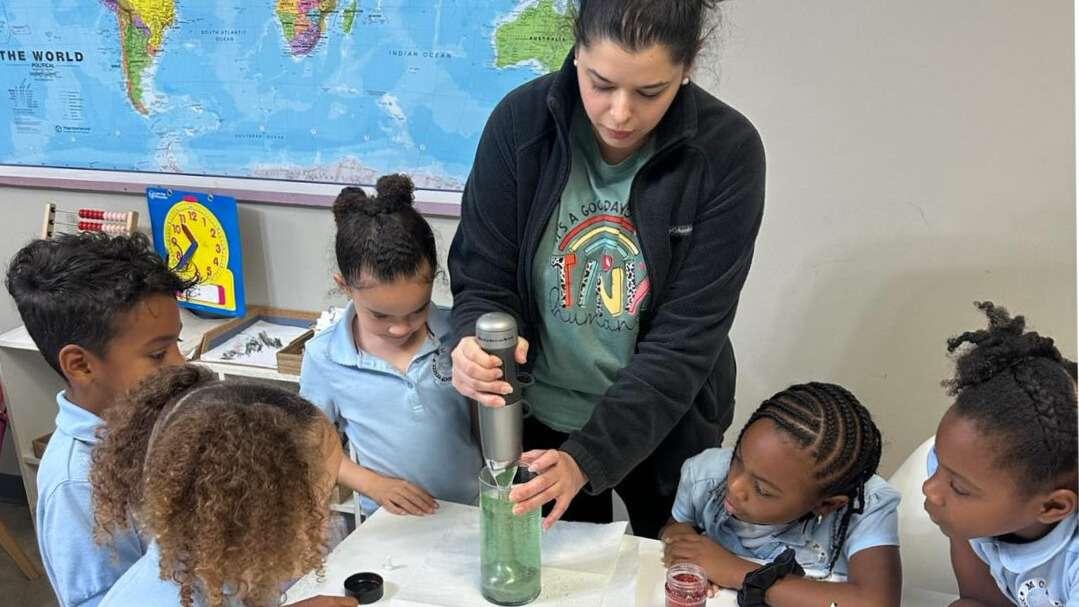Students in 40 percent of school districts across the country haven’t been inside a classroom since last spring, and others are now returning to virtual “Zoom school” as coronavirus cases rise. Remote public schooling as a response to school shutdowns has been a disaster for many children, with a record number of F grades issued this academic year. Both parents and kids are fed up with Zoom school, and teachers are frustrated with it as well. The Washington Post ran a headline this month saying we must finally admit that “remote education is a failure.”
Kerry McDonald is a senior education fellow at FEE and host of the weekly LiberatED podcast. She is also the author of “Unschooled: Raising Curious, Well-Educated Children Outside the Conventional Classroom” (2019) and an adjunct scholar at the Cato Institute. She lives in Cambridge, Mass., with her husband and four children.
Author’s Selected Articles

